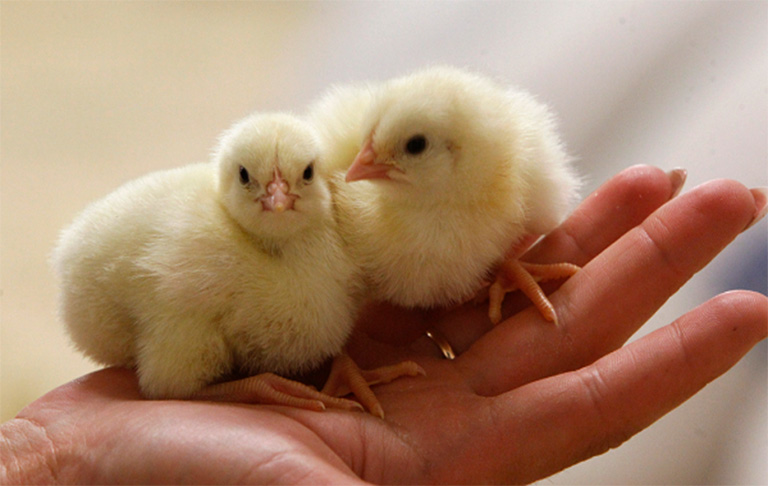- You have no items in your shopping cart
- Subtotal: ₦0
When your chickens show a puffed up feathers, hiding, crouching and not eating, or otherwise not acting like itself, it could be sick.
First, look for parasites such as mites and lice. Chickens can go down fast if they have an infestation and that can happen really quickly. You can bathe them in a couple of inches of warm water to try to get the mites, lice and eggs off of them but be sure to dry them well and don’t immerse them in water.
The most common things that we see are: you can Google them
- Mycoplasmas or chicken colds
- upper respiratory infections
- Parasites: worms/lice/mites
- Mareks Disease
- Canker (this goes under parasites and you need to look it up)
- Bumblefoot: a staph infection of the foot.
knowing your chickens and caring about their environment is very important to their health. Look at them every day and pick some up to check for parasites. Look for any bird that is huddled, not eating, poop not being right, and acting off. Act quickly by separating any bird that you think may be sick to protect that bird and the rest of your flock.
One thing about chicken upper respiratory infections, the trachea of the chicken is a hole behind the tongue that opens and closes. Sometimes when chicken has a cold some white extrudate can be deposited around that hole, sometimes even closing it. Look at it and if there is white gunk around it, use a Q-tip to remove it. It may bleed a little when you remove it, but it’s worth it to be sure your chicken can breathe.
Also, checking their poop for worms. If you see worms in chicken poop, you want to worm your whole flock. There are other worms that chickens get but roundworms are the most common.
Check their nostrils, their eyes for discharge and listen for raspy breathing. If you see a swollen eye or discharge, it’s best to medicate. If you are organic and unable to medicate, separate the bird (but it’s probably too late and your flock has been exposed) and try to nurse it back to health with natural remedies or cull it.
There is a very common neurological disease called Mareks, which is a herpes-type virus that causes paralysis. It is 100% fatal and is passed in feather dust. All chickens that are not raised with 100% biosecurity have been exposed to it. The only way to deal with it is via a vaccine that is administered on the first day of life. If you buy or hatch birds/day old chicks and they are not vaccinated, you stand a chance to lose some or all to this disease.
It usually starts with a marching gait, tilting to one side, one wing comes down to assist in movement, and the bird becomes paralyzed. They will usually eat voraciously until they die. There are various strains of Mareks that can cause tumors in other parts of the body or blindness, and the vaccine only addresses the neurological type so that the birds can live a normal life and do not causes losses for production farms.
There are tons of other things that can affect your chickens and probably the best thing to tell you is to google the symptoms. If you Google “My chicken is pooping blood” you will likely get the answer “Coccidiosis.” Treatment is Corid. (note that chicken poop can have some orange material in it which is cells from the intestines. The blood that you would see is very red and definitely blood.)
Take home message: Melina Brown
There is so much more to know about all of this and some of it depends on where you are located and how you keep your chickens. The cleaner their conditions, water, the better their feed, the more space they have with fresh air and sunshine, the better.



